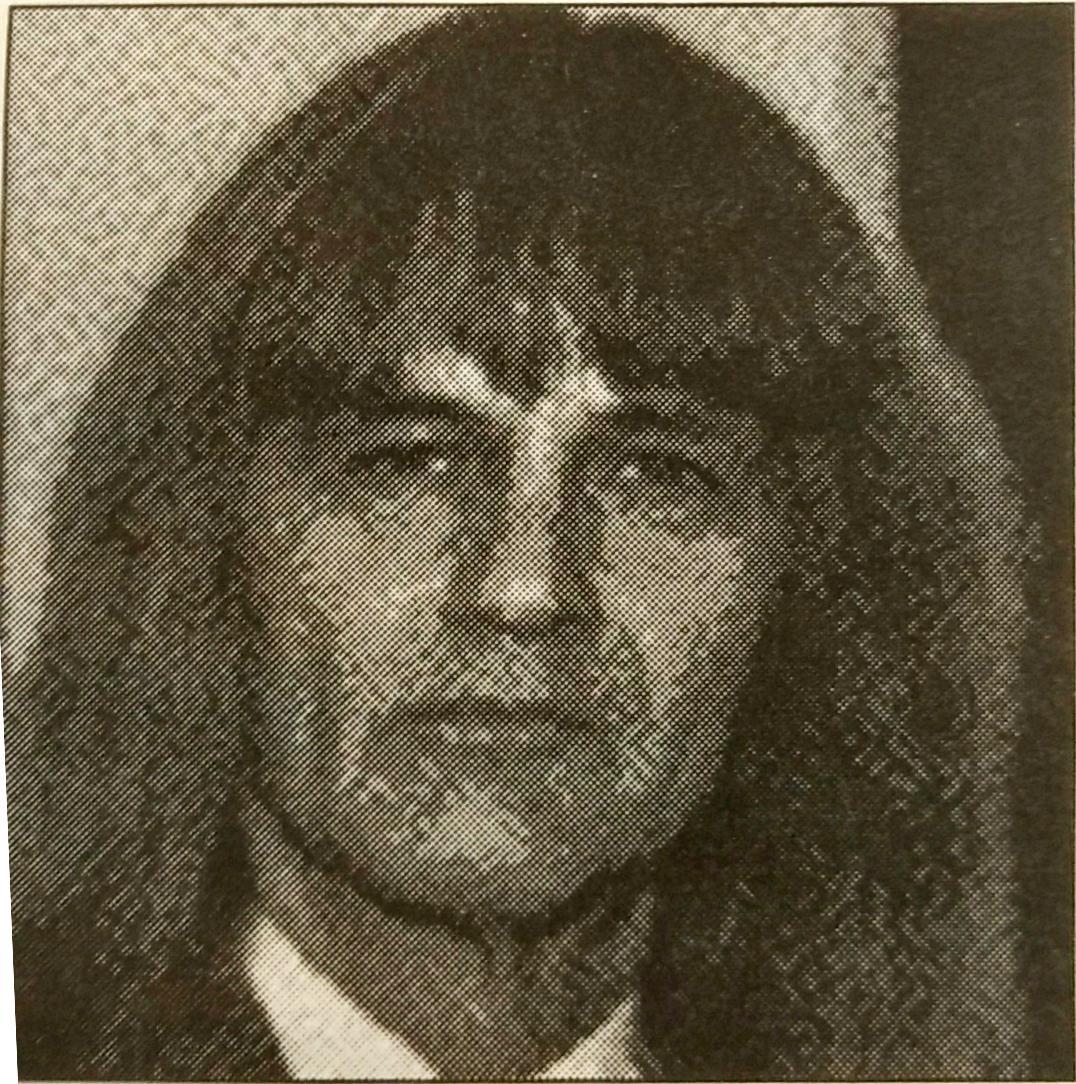By Robert Gillies
Ken McVay’s obsession started six years ago. While surfing the internet he came across a posting on a newsgroup which claimed the Holocaust never happened. Disgusted and offended, McVay decided to use his knowledge of the Holocaust to refute the claims of Holocaust deniers over the internet. He began visiting the local library in search of Holocaust information and borrowing armloads of books on the subject.
McVay, 57, is the creator and director of the Nizkor project, a collection of Holocaust resource websites that refute the claims of Holocaust deniers. Along with 200 volunteer assistants around the globe, McVay is engaged in a massive project to transcribe the tales on Jazi death camps on to his website on the internet.
He quit his job at a Vancouver Island convenience store to spend 18 to 20 hours a day typing evidence in to his computer. Thought McVay enjoys his work, it caused him physical and emotional pain. In 1992 he separated from his wife, who couldn’t stand his long hours in front of the computer. The hours spent typing have taken their toll. Carpal tunnel syndrome and arthritis in his elbows now limits him to four to six hours a at the kerboard daily.
Regarded as a leading authority in countering the lies of Nazis and Holocaust deniers, McVay received the Order of British Columbia in 1995, the highest honor the provincial government can bestow upon a citizen. The Nizkor Project has also been names website of the year by various publications, including Eye Weekly.
The recognition has led to requests for speaking engagements and the chance to work on The Nizkor Project full time. McVay was able to quit his job in 1995 when he began making $1,200 a month from speaking engagements. The project also relies on donations. Thanks to a recent donation by a Toronto-based Catholic charitable foundation, McVay’s been able to hire part-time help.
With over 3,500 documents. The Nizkor Project is now the world’s largest collection of Holocaust-related material on the Internet. But the number of anti-semitic and racist websites is also significant. The Anti-Defamation League estimates there are 100 extremist sites on the Internet. The Simon Wiesenthal Center estimates the figure is closer to 250.
With a potential audience of millions, hate-mongers are relying on the internet to take their message from the gutter to the mainstream.
“I want to take away their market,” McVay says.
But he disagrees with censorship. He supports the Blue Ribbon campaign, which rights against censorship on the internet.
“I don’t like seeing ideas suppressed, even when they are revolting.”
Besides, McVay argues, governments are powerless to stop people from viewing websites based in other countries. HE cites the example of Toronto’s Ernst Zundel, whose elaborate Holocaust denial website is based in California.
“Yes, I suppose a case could be made under Canadian law [Zundel] is being a naughty boy. But the reality is the operation that has got everybody upset, to the point where they’re ready to file a complaint, is out of the country and there’s absolutely nothing Canada can do about it.”
McVay believes the best way to curtail the influence of hate-mongers is to refute their claims by exposing and embarrassing them with the truth.
“The Nizkor Project is dedicated to the nearly 12 million victims ruthlessly destroyed by Adolf Hitler and his Nazi regime,” McVay says.
McVay spends most of his time on Vancouver Island, but says Toronto has become a second home. He is reluctant to divulge his whereabouts because of threats of violence.
“He has been called virtually every insult imaginable,” says John Drbonicki, a Nizkor contributor. “He has had his family insulted. But he calmly and sometimes not so calmly, uses the arguments of the deniers to discredit them, refuting their lies with facts.”
Jamie McCarthy, a former contributor to the Nizkor Project, doesn’t doubt McVay’s motives. “Ken’s sacrifices for the project, even to the detriment of his personal health, have been nothing short of astounding.”
McVay says he wants to spend the rest of his life refuting the claims of Holocaust deniers. “It is now nearly six years into my project and my distaste for Holocaust deniers and the Nazi riff-raff they associate with is, if anything, stronger than it was in 1991,” McVay says.
At a recent symposium in Toronto about hate on the internet, McVay took to heart the comment of Lyle Smordin, the President of B’nai Brith, a Jewish human rights organization.
“Several decades ago my grandparents did not believe what the hate-mongers were saying,” Smordin said. “They didn’t believe Mein Kampf and as a result they lost their lives. Today I believe what the hate-mongers are saying and I know how dangerous hate speech on the internet is.”
McVay worries that with the growth of the internet, more people will be exposed to Holocaust denial and may believe it if not refuted. “Nizkor” is a Hewbrew word meaning “we will remember.” Thanks to Ken McVay, many will.












Leave a Reply